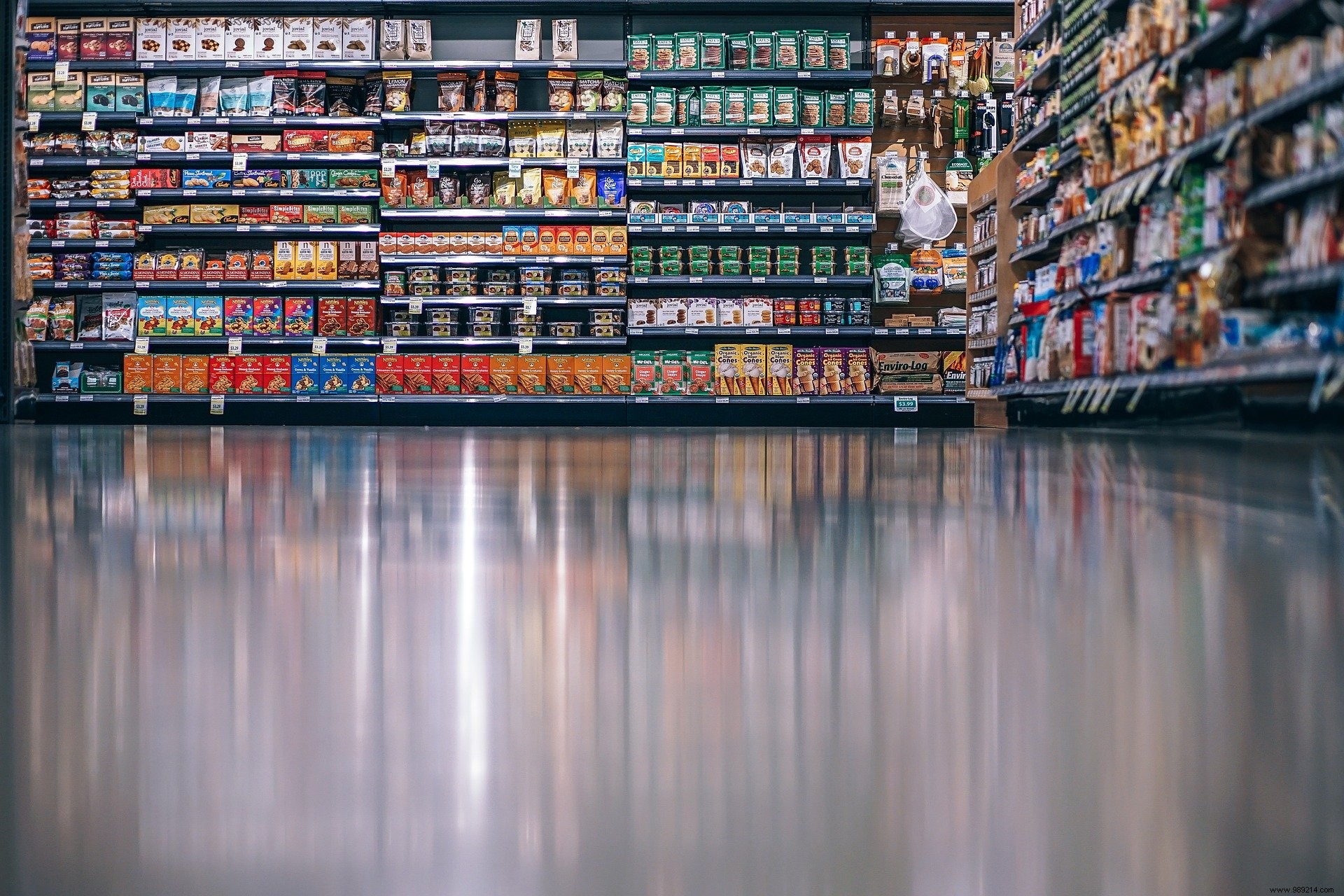Food manufacturers can now change the composition of their food without informing consumers. A temporary measure to support the sector during the Covid-19 crisis.
At least until next June 1, agri-food professionals are authorized to offer products whose composition differs from what is indicated on the label. These can also be manufactured in a production site different from the usual site. An exceptional measure, supported by the European Commission, which makes it possible to support a sector battered by the coronavirus crisis.
Because of difficulties in the supply of raw materials , manufacturers may in fact have to modify their recipes slightly and temporarily. In addition, labeling changes are also difficult to satisfy while the activity of packaging suppliers is itself affected by the Covid-19 crisis . And at the same time, the sector must continue to redouble its efforts to ensure sufficient production and meet demand.
The decision, which can indeed be explained in times of crisis, nevertheless worries some organizations. “Faced with supply difficulties, the food industry can temporarily modify its recipes without specifying it on the label. (….) So how do we know what we are really eating? », Concerned in particular on Friday April 24 the NGO Foodwatch .
Contacted by the NGO, the General Directorate for Competition, Consumer Affairs and the Repression of Fraud (DGCCRF) ensures that the list of products concerned by these changes in composition will soon be specified on their site. It also adds that these modifications, systematically validated by the DGCCRF, are minor, and that they do not endanger consumer safety , especially allergic.
"No tolerance can be accepted which would induce a risk for the consumer or which would lead to the deprivation of information essential to the characterization or the proper use of the product. », assures the agency.

Despite everything, always for the sake of transparency vis- to consumers, Foodwatch asks that brands and distributors, if they do not have to present them on new labels, communicate the essentials of these changes on their sites and social networks.
Recall that the NGO also made a name for itself a few days ago, criticizing the rise in prices of "large format" products. If we imagine that this type of product is cheaper per kilo, the organization had on the contrary flushed out a dozen examples showing the opposite.
Source